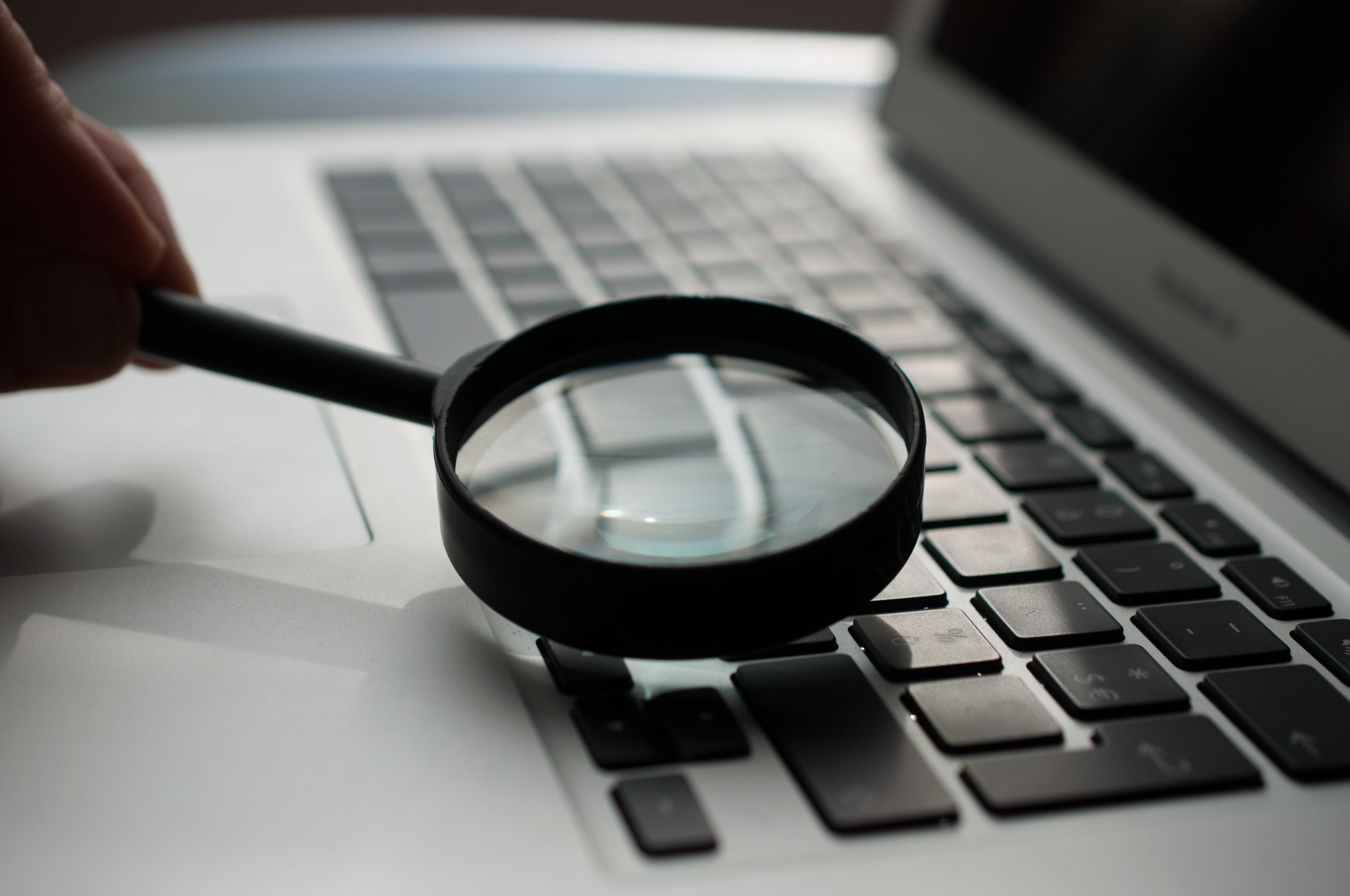Is your business bracing for the perfect storm?
A graying workforce, increased job mobility, and alternative work arrangements are converging to create a clear and present danger: loss of organizational knowledge. Institutional “forgetting” impacts every facet of operation, from onboarding and training to innovation and proactive decision-making. The best – the only – way to weather the storm is to capture the knowledge of your key knowledge holders.
The Cost of Losing Organizational Knowledge
Just how costly is the loss of organizational knowledge? Mark Bailey, Director of Human Resources for General Mills, says:
“Some people are just much more painful to lose than others. Take, for example, our marketing managers. People who are hired on this tract take five or six years to get to the top of their game. If they leave, we lose everything they have learned about our consumers and how to effectively market products to them. If we lose one, we estimate it actually costs the company millions of dollars.”1
The cost is felt proportionally by smaller businesses, as well. Whether it’s thousands or hundreds of thousands of dollars instead of millions, the loss can be devastating. When those key players leave, they take critical information with them. As a result, predecessors take longer to get up to speed; insights vanish; and your ability to act intelligently and decisively is eroded.
Locking In Knowledge
To avoid these risks – and, as importantly, to capitalize on the opportunities that knowledge offers – identify your key knowledge holders.
Look around your company: who holds the knowledge of the business in their heads? Who is working with your customers? Training your people? Answering questions? Who is bringing in insights and trends to keep thinking fresh and on-point?
Knowledge holders could be your customer service people, your salespeople, your trainers, your senior leadership, or your technicians. Their roles vary, and they hold different pieces of organizational wisdom you need to capture. Identify them by asking the following questions:
- What would happen if this person walked out today? Would the business keep going? Would it suffer – or stop altogether? Would clients be upset? Would this individual take clients or customers with them? Would staff have nowhere to turn for answers to their questions? The larger the impact their departure would have on your business, the more knowledge they hold.
- What is their title? If they are a subject matter expert, they likely hold a lot of knowledge about your business that you cannot afford to lose.
- How long have they worked with you? Those who put in two years, five years, or more accrue vast amounts of institutional knowledge that should be recorded.
- How well is their job documented? Do you have people in roles with clear job descriptions, processes, and manuals? Or did you hire them for their expertise and give them free rein? In the latter instance, they have procedural, experiential, and subject matter expertise that has never been captured – but that should be.
Reduce Your Risk
Do the answers to these questions give you pause? They should. Your company may well run on a few select knowledge holders. It begs the question: what if they are not here? What if they left, or you had to replace them? With just one or two all-star players off the field, you may find yourself in dire straits.
Reduce the risk: identify your key knowledge holders and start extracting their knowledge. The simplest way to do so is to interview them and record their answers. How do you do this…? What is the process for that…? Which clients are most responsive? What would you do in this situation, or that situation?
Ask questions – and then ask more questions. Working with a third-party can help you clarify what you need to know, how you can document it most effectively, and, of course, how you can use that organizational knowledge to move towards your goals.
Building A Legacy
You may be thinking, “but our key people are busy! They don’t have the time or the desire to answer these types of questions.” We’ve found that the complete opposite is true. Once these key knowledge holders – subject matter experts and leaders who have spent their entire careers amassing this knowledge – understand knowledge mapping, they find the process of recording this information extremely valuable. They finally have a way to download their life’s work, build a legacy, and feel confident that the organization could continue to thrive if they chose to retire (gasp!).
Knowledge that is locked in your key people’s minds is knowledge that you risk losing. Given workforce demographics and mobility, you cannot afford to take the chance that your next great idea, your best process, your most effective procedures are forgotten. Identify your key knowledge holders, and start tapping that resource. Then begin the process of converting knowledge into accessible content that the entire organization can leverage.
Reference
- Lancaster, L., and D. Stillman. 2002. When generations collide: Who they are. Why they clash. How to solve the generational puzzle at work. New York: HarperBusiness.





